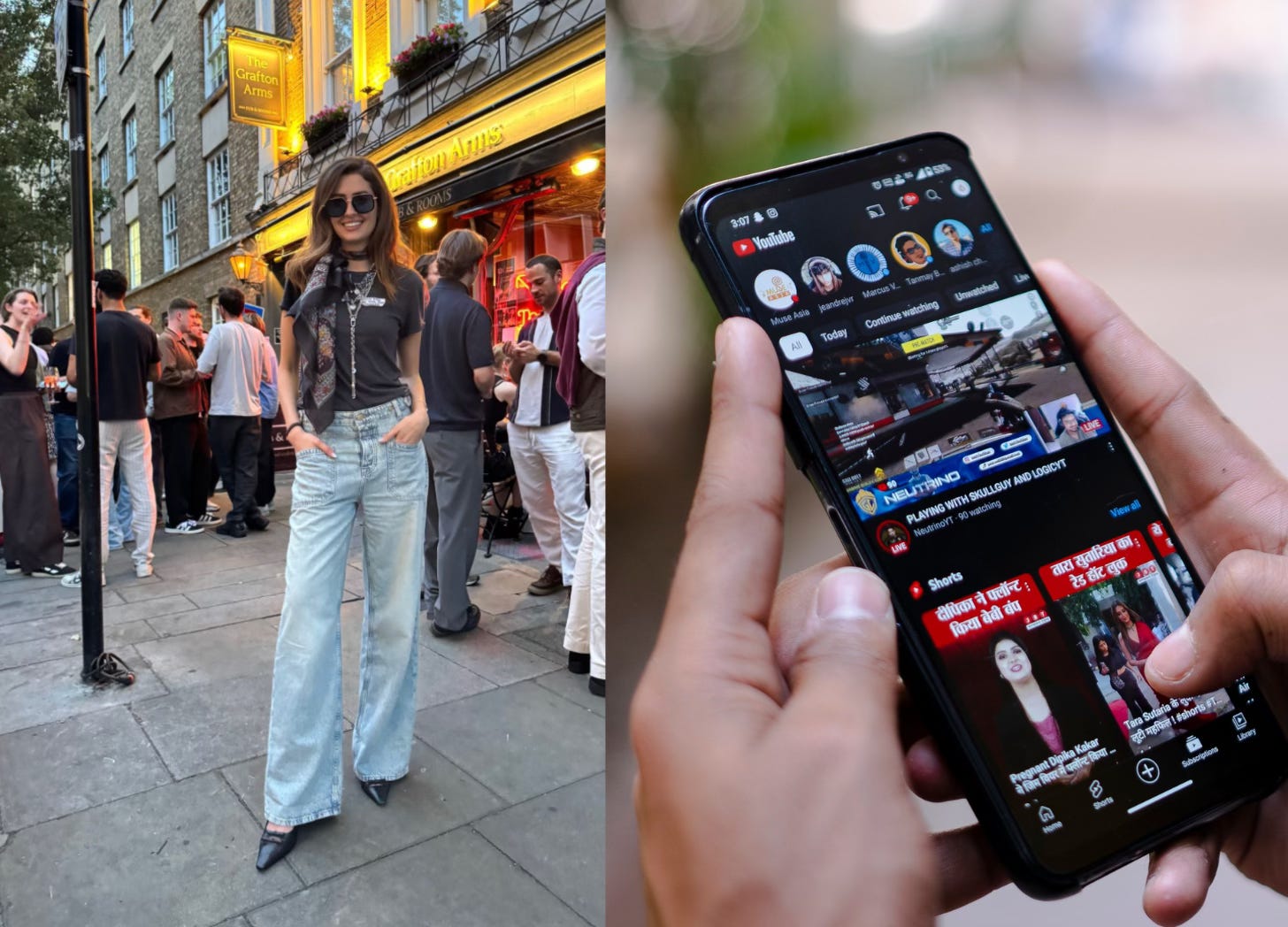YouTube is a boys’ club - I know from working in it
Among the top 50 most-subscribed creators on YouTube, just seven are women.
By Molly McDonald, founder at Blue Door Productions
Influencer marketing is one of the few digital industries where women outnumber men. Women make up roughly 77% of monetised creators - a triumph, one might think, until you reach the exception: YouTube.
YouTube is a boys’ club. It’s also where the big money flows and the rules, unwritten as they are, are enforced by repetition and recognition: be loud, be confident, and above all, be male.
My career in YouTube production has been many things - creative, chaotic, and occasionally thrilling - but never particularly female. I have often found myself to be the only woman in the room. Sometimes the only one on set. Occasionally the only one taken seriously.
The unspoken algorithm: Why the boys’ club endures
Among the top 50 most-subscribed creators on YouTube, just seven are women. Of those seven, four are children. The platform’s highest earning potential comes from long-form content - the preserve of gaming, sport, and grand spectacle - spaces where men have always been licensed to play, and women permitted to watch.
This ecosystem feeds on itself. Male creators dominate the spotlight, male audiences flood the algorithm, and the algorithm, ever the obedient servant, rewards more of the same. Add to that a production culture where technical roles are largely male, and you begin to understand why the sound of women on YouTube is more often a whisper than a roar.
It is not that women lack the capacity for this space - far from it. But, there are clear systematic and cultural barriers to women. According to tech industry data, women occupy just 15% of technical roles globally (in all industries) with shorter tenure and lower promotion rates. If you are a woman of colour or an LBT woman, the figures become even more dismal - many companies acknowledge negative hiring bias, but lack mitigation mechanisms.
When a woman leads, she must apologise for it
In this industry, all the familiar double standards persist: when a man is firm, he is professional; when a woman is defending her company standards, she is difficult. If he negotiates hard, he is seen as protecting the bottom line or simply having a firm hand; if she does, she’s taking it personally.
I’ve been called emotional in meetings when advocating on behalf of my colleagues or supporting a subject who is sharing vulnerable stories on camera. I’ve seen men praised for “protecting their team” while I was accused of being “too invested.” It is remarkable, really, how professionalism becomes a personality flaw depending on the pitch of the voice that speaks it.
Related articles
In the high-adrenaline world of YouTube shoots - often chaotic, occasionally dangerous - someone needs to keep the train on the tracks. That person is frequently me. But in that role, I am often cast as the bad cop, the killjoy, the over-thinker. It is a label I wear because the alternative is allowing things to unravel. I do not believe a man would be labelled the same way for doing the same job.
Sometimes the prejudice is more explicit. I’ve worked with clients who, by their own admission, struggle with women in leadership. I’ve had to mute my own authority to keep the peace long enough to make an exit.
Women bring more than balance
Of course women need a seat at the table, but we also need to be listened to when we sit down. Women bring empathy, foresight, and a capacity for collaborative leadership that is often missing in ego-driven environments. The irony is that these traits are increasingly recognised as essential in business - but still undervalued in practice.
In the world of YouTube, we are still carving out space to speak with authority. But the more we use that voice, the more other women will hear it.
Progress doesn’t happen in grand gestures. It happens in the small, consistent insistence that we belong in the room - and that our presence is not exceptional, but essential.
Molly McDonald is a video producer specialising in YouTube content and the founder of Blue Door Productions. Molly has created content for the BBC, consumer brands like Red Bull and social media personalities like Zac Alsop. Before that she worked for Time Inc. and also created multi-platform content for TV, including Saturday Night Live and Law and Order.





